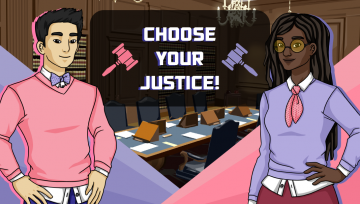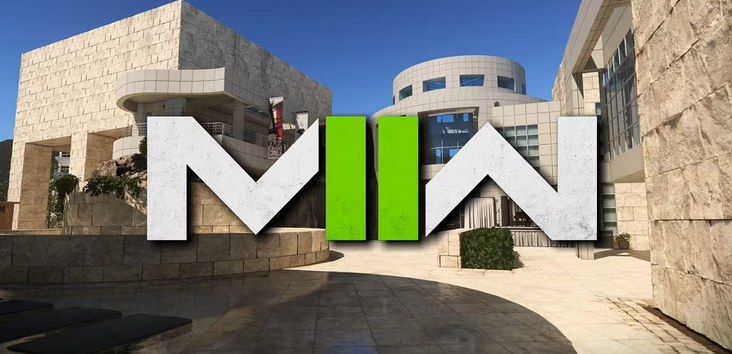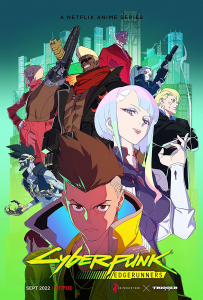
The video game/dating simulator Supreme Courtship prides itself in being “The world’s first judicial friendship simulator!” Though its premise sounds awfully silly, the game is actually intended to educate players about the American government by getting them to date Supreme Court Justices through a dating/befriending simulator. In the game, all of the Justices have been aged down into their 20s, and sporting hip clothing and ideological stances correspondent to their real life counterparts.
Unfortunately, despite being announced in 2018, the game has still yet to be released. In fact, the developer Just Us Games have placed the game on Kickstarter, and the game currently has $37,132 in funding in face of its $43,831 goal. Apart from insufficient funding, the game has also run into various other problems, such as investigations on the Supreme Court nominee Brett Kavanaugh’s alleged sexual assault (no one wants to fake-date a sex offender). And moreover, controversies have sprung up surrounding whether the sexualization Supreme Court Justices is appropriate at all.

As we approach the question of “why Supreme Courtship?” we may consider the reasons for why people like to play dating simulators at all:
Dating simulators, or dating sims, are a type of story-based game which has a primary goal of developing a romantic relationship between the player and the character(s). The gameplay consists of conversing with a selection of love interests, as the player attempts to increase the affection meter of those interests through a correct choice of dialogue/action. Meanwhile, a lot of dating sims allow for a variety of customization options for players to make to their own character through hairstyle, outfit, features, and insertion of their chosen name.
To date, the pandemic has no doubt spurred the exponential growth of the video game industry, including the number of dating simulators games out there! According to market research, COVID helped US video game sales reach a record of $56.9 billion in 2020, a 27% increase over the previous year. By the time 2021 rolled around, the market expanded. by 26%. The perfectly-timed release of Nintendo’s Animal: Crossing New Horizons released March 2020 sold 13.4 million units in its first six weeks, and was virtually all people talked in social media around that period of time (at least in my feed). Physically trapped indoors and socially isolated from peers, the chill vibes created by soft music, easy tasks, and friendly animals in Animal Crossing healed the hearts of many.
The psychological motivations driving dating (and befriending) sims is evident. People are desperate to build some genuine connections, particularly when they lack real life interpersonal ones. In fact, many players reported that gaming helped their mental health during lockdowns, and that there is something there to be learnt about interpersonal relationships through interactions with virtual characters. This leads us to consider the educational potential of video games, particularly dating sims.
What you take to be the pros and cons of using so-called “sexual motivation” to get people to download and play a game? Additionally, do you think that these games will re-enforce or subvert gender stereotypes?
Sources:
Gaming is booming: https://www.weforum.org/agenda/2022/07/gaming-pandemic-lockdowns-pwc-growth/
How to understand and play dating sims: https://www.polygon.com/2015/7/15/8970567/how-to-understand-and-play-dating-sims
Kickstarter for Supreme Courtship: https://www.kickstarter.com/projects/justusgamesstudio/supreme-courtship-comedy-adventure-justice?ref=551624&token=5124117a
Pandemic gaming statistics: https://www.bentley.edu/news/game
“Video Game About Dating Supreme Court Justices Has A Different Ring To It These Days”: https://kotaku.com/video-game-about-dating-supreme-court-justices-has-a-di-1829443069












 Communications Law
Communications Law